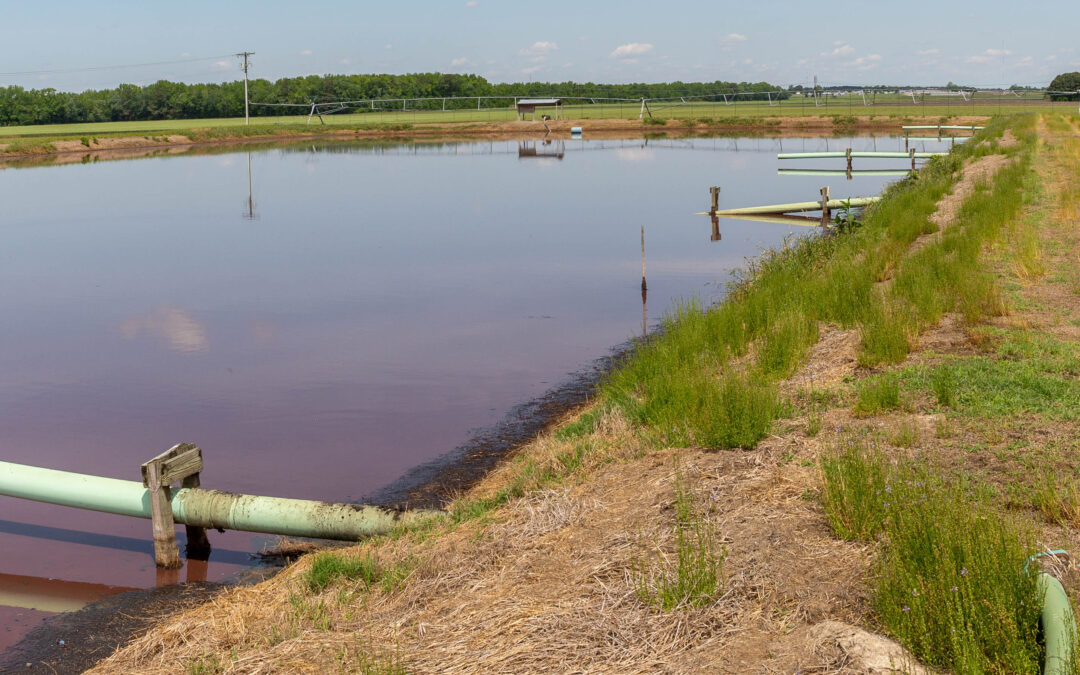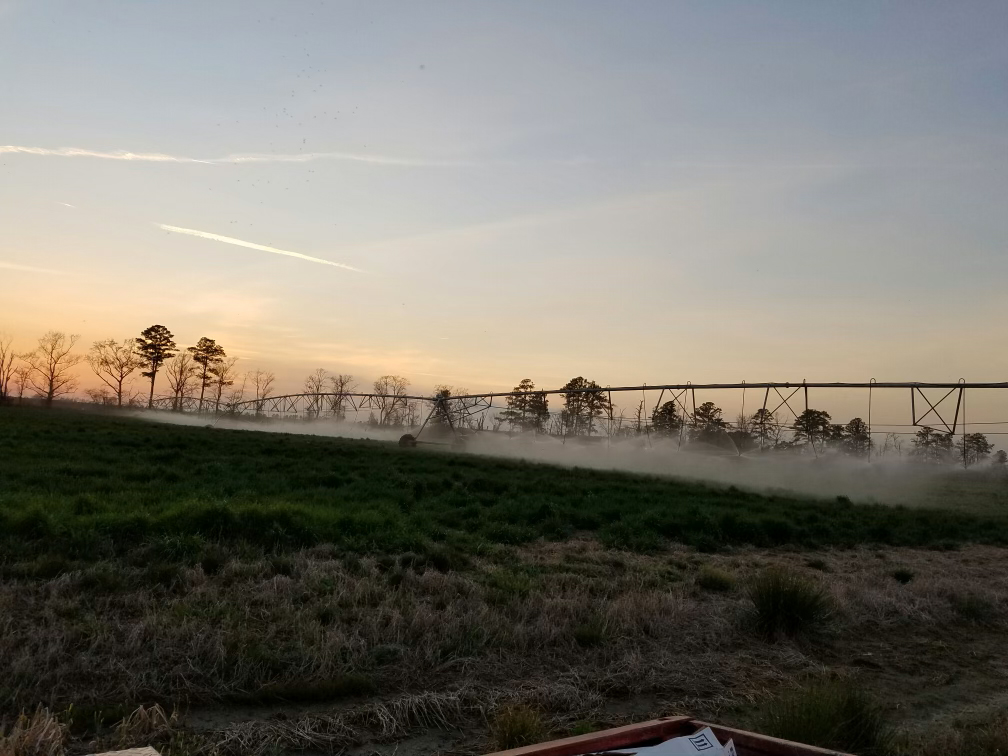

It is no surprise to most North Carolinians that pig farming is one of the largest economic drivers in the state – it’s the second largest ag commodity in the state, with an $11 billion economic impact. However, there are probably quite a few things that you don’t know about the pig farms here, which is why we’ve made this list for you! Here are Five Things You Didn’t Know about Pig Farms in North Carolina:
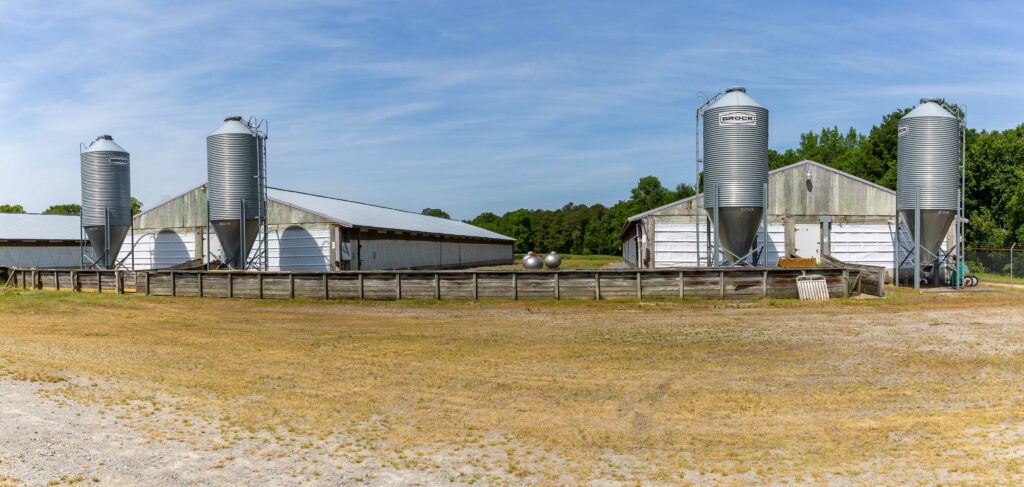

- No new pig farms have been built in North Carolina for over 20 years. Due to a moratorium that has been in place since 1997, no new pig farms have been built in our state since the last millennium. This means that pig farmers work hard to ensure that their farms are kept clean and up to date on the best farming practices in order to preserve them for future generations. Farmers can renovate existing farms, but not increase the number of pigs they are permitted for. Some pig farmers are adopting new technologies such as lagoon covers and methane digesters that further display their commitment to the advancement of their industry and ability to do more with less.
For more information about the moratorium, visit: https://ncpork.org/the-lagoon-and-sprayfield-system-alternative-technologies-and-the-moratorium-on-new-pig-farms/
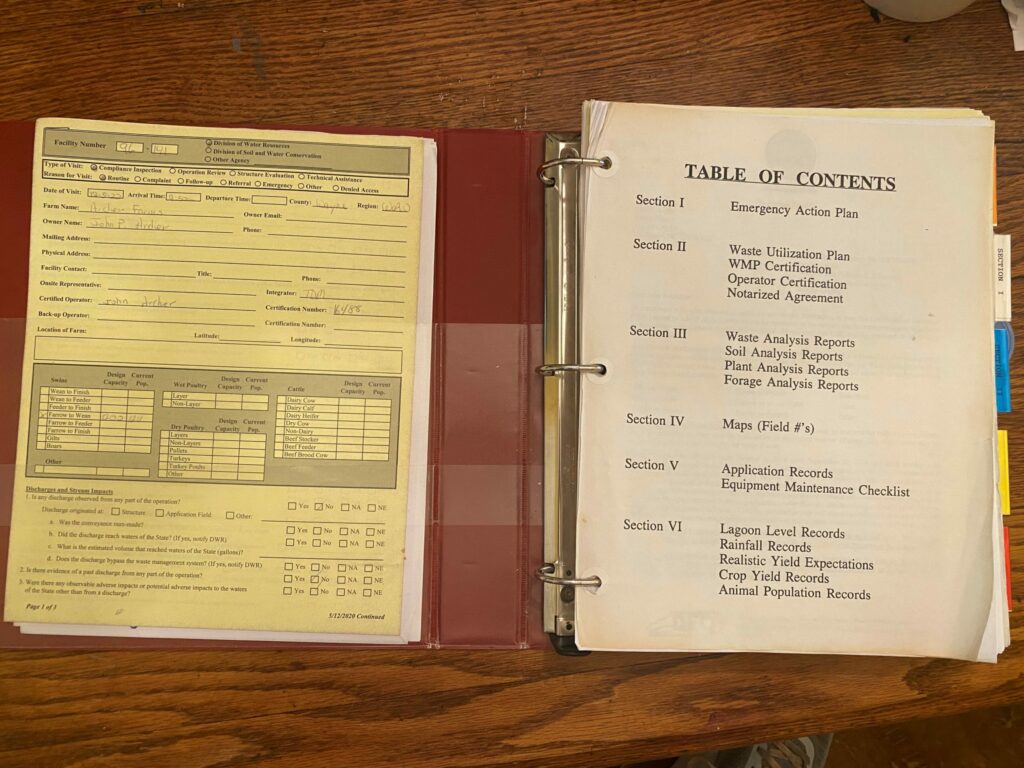

- Pig farming is among the most highly regulated industries in North Carolina. North Carolina pig farmers follow regulations set by the North Carolina Department of Environmental Quality (DEQ). Pig farmers meet and exceed the standards set in place for their farms and have an excellent record for compliance. In addition to the records they must keep, each farm must have an Operator In Charge of the lagoon and that licensee must keep up with continuing education credits to maintain their license. Each permitted farm also undergoes an annual inspection by a DEQ regulator. In addition to the required permitting, pig farmers also go the extra mile to ensure both animal and employee safety by participating in programs such as the Pork Quality Assurance Plus (PQA+) and Transportation Quality Assurance (TQA.)
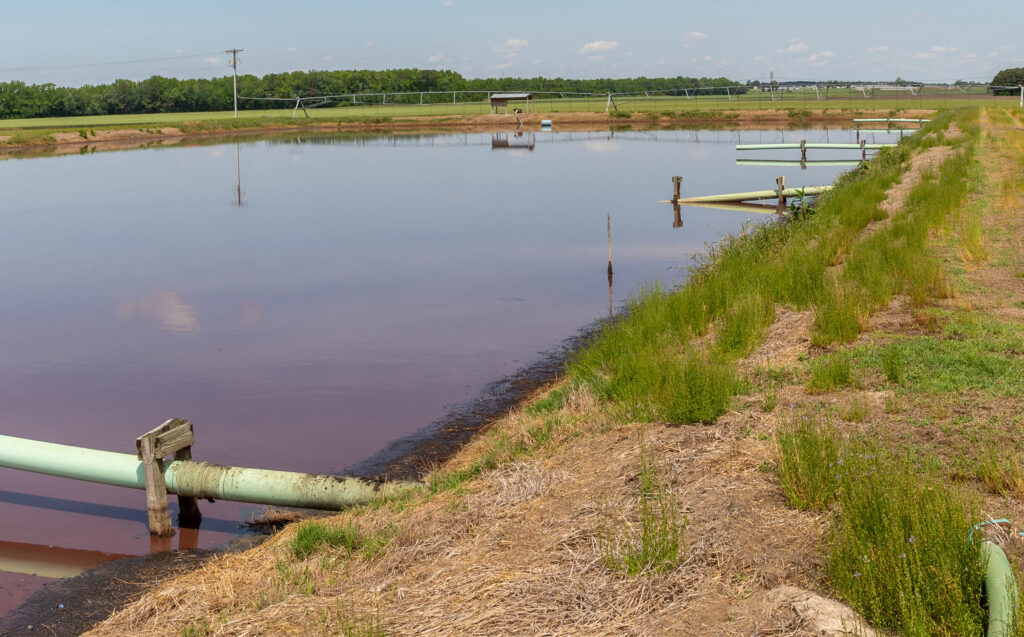

- Lagoons are managed under a non-discharge permit. This means that no water can be discharged into a waterway (unlike municipal waste water treatment facilities). Farmers diligently maintain their lagoons to ensure they are working within the bounds of the permit. This includes maintaining at least a 19-inch buffer between the liquid storage and the top of the lagoon. This zone allows for farmers to properly manage the lagoons in case of a major rainfall event (such as hurricane) and lagoon failure remains a rare occurrence. Farmers maintain the lagoon levels by applying nutrient-rich lfrom the lagoon to the approved spray fields at an agronomic rate determined by soil testing and lagoon water testing. No manure or sludge is applied directly to the crops, just the liquid.For more information about lagoons, visit: https://www.ncfarmfamilies.com/farmkeepersblog/2019/02/07/understanding-pig-lagoons-everything-you-need-to-know
- It’s a sustainable cycle. And it’s simple. The crops feed the pigs – and the pigs feed the crops. Pig farming is a sustainable cycle thanks to the fertilizer produced by lagoons. Let’s break this down: the pigs eat feed made from plants such as corn and soybeans (commonly grown in our state). Once digested, the pigs convert that feed to energy and produce, well, poop. That poop, collected by the lagoons, is broken down by anaerobic bacteria and converted into nutrients, such as nitrogen and phosporus, that are useful to the soil and the crop. This natural fertilizer is tested for the appropriate level of nitrogen in order to adhere to EPA recommendations and state standards, and then applied to fields that will grow crops. These crops will eventually be harvested to produce nutritious pig feed. It’s a sustainable cycle, and an economic one as well. Without this natural fertilizer, farmers may be forced to purchase and apply synthetic fertilizer to their fields.
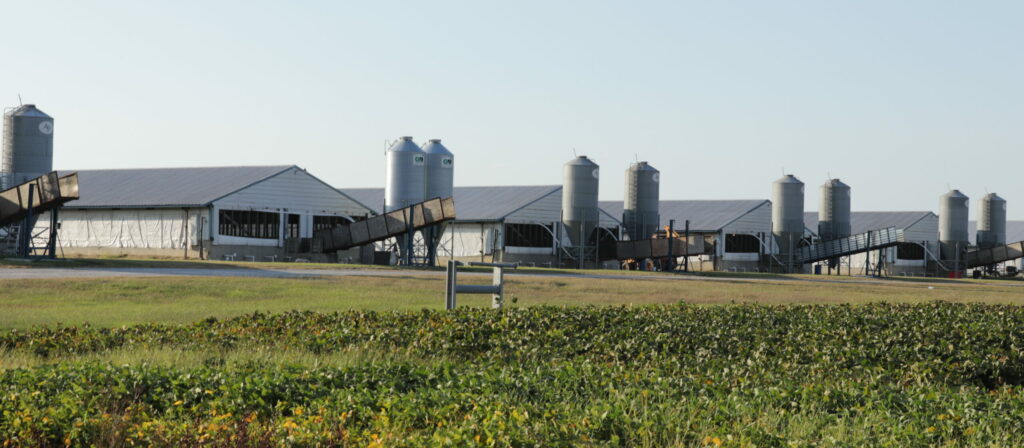

- Size doesn’t matter. Many people look at a modern pig farm and equate it to a corporate farm. But more than 80% of NC’s pig farms are family owned and operated, sometimes having been in families for generations. Some family farms have a sole proprietor. Other family farms owned as a partnership with other family members (husband and wife, cousins, siblings etc.) So, what about the other pig farms in our state? Some of the remaining farms in the state not classified as being family farms are owned by trusts, institutions (such as NC A&T State University and North Carolina State University), or estates (hello, Biltmore!) The rest, according to the agricultural census, are “corporate farms.” Don’t let misconceptions from biased media fool you, all of these farms listed as “corporate farms” aren’t all owned by a large company. Many of these are family farms that are registered as an LLC, which falls under the category of a corporate entity. Some farms chose to file as an LLC because it can help protect farmers’ assets and financial investments with their farm. This ensures that the farm can stay in the family for many more generations to come.
To learn more about family farms, visit: https://nifa.usda.gov/family-farms
How many of these facts about North Carolina pig farming were news to you? We’re willing to bet you learned something new today.



